Buy Skyrizi (Risankizumab) Online For Sale
From $13,550.00
DISEASE INDICATIONS: Psoriasis
MANUFACTURER: AbbVie Ltd
USAGE: Subcutaneous
MEDICINE APPROVED BY:
European Medical Agency (EMA)
Food and Drug Administration (FDA)
Therapeutic Goods Administration (TGA)
Risankizumab, also known as Skyrizi, is a biologic medication that targets interleukin-23 (IL-23) to treat moderate to severe plaque psoriasis in adult patients.
Skyrizi, also known by its generic name, Risankizumab, is a medication used to treat moderate to severe plaque psoriasis in adult patients. Plaque psoriasis is a common skin condition characterized by red, scaly patches on the skin that can be itchy and painful. Risankizumab is a biologic drug that targets a specific protein in the body called interleukin-23 (IL-23), which is thought to play a role in the development of psoriatic plaques.
Risankizumab is administered through subcutaneous injections, which are given at home after the patient has been trained on how to properly administer the injections. The dosing frequency varies depending on the patient’s response to the drug, but most patients will receive an injection once every 12 weeks.
Clinical trials have shown that Risankizumab is highly effective in treating plaque psoriasis. In one study, over 70% of patients achieved “clear” or “almost clear” skin after just 16 weeks of treatment with Risankizumab, compared to only 5% of patients who received a placebo. Additionally, Risankizumab has demonstrated a better safety profile than other treatments for psoriasis, including long-term oral medications like methotrexate.
While Risankizumab is generally safe, it can cause side effects in some patients. The most common side effects reported in clinical trials include upper respiratory infections, headache, and fatigue. Other, less common side effects may include allergic reactions, infections, and changes in laboratory values like liver enzymes and white blood cell counts. Patients should discuss the potential risks and benefits of Risankizumab with their physician before beginning treatment.
In addition to its use in treating plaque psoriasis, Risankizumab is also being studied for use in other inflammatory conditions, such as Crohn’s disease, ulcerative colitis, and psoriatic arthritis. Early studies have shown promising results in these conditions, and Risankizumab may become a valuable treatment option for patients in the future.
Like many biologic drugs, Risankizumab can be expensive. However, most insurance plans cover the cost of the medication for patients with a diagnosis of moderate to severe psoriasis. Additionally, manufacturers may offer financial assistance programs to help offset the cost of the drug for eligible patients.
Overall, Risankizumab represents a significant advancement in the treatment of plaque psoriasis. Its targeted mechanism of action and high efficacy make it a valuable treatment option for patients struggling with this chronic and often debilitating skin condition. With ongoing research, it is possible that Risankizumab may also become a valuable treatment option for other inflammatory conditions in the future.
| Package | Pre-filled syringe of 150 mg/ml, Pre-filled pen of 150 mg/ml |
|---|
3 reviews for Buy Skyrizi (Risankizumab) Online For Sale
Add a review Cancel reply
Related products
Osteoporosis Arthritis
Pharmaceutical
Dermatology
Dermatology
Uncategorized
Rheumatology
Rheumatology
Inflammatory Disease


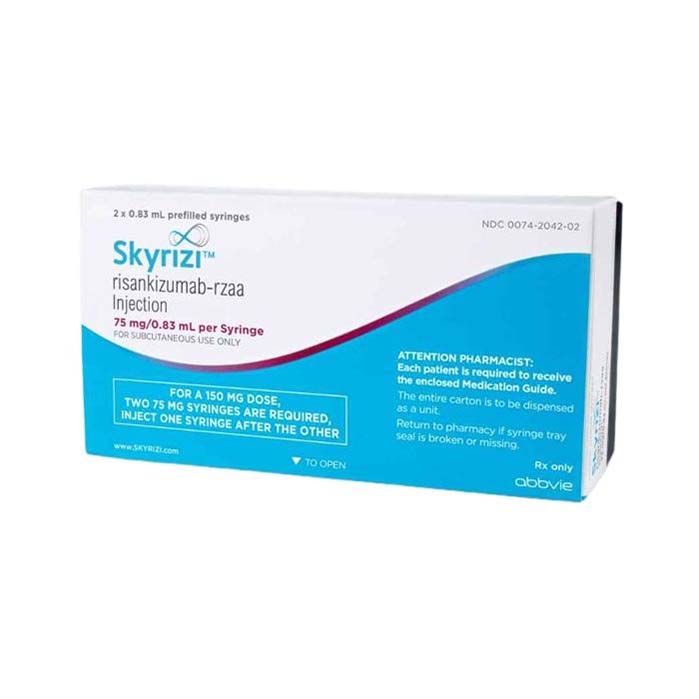
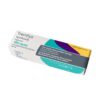
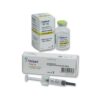
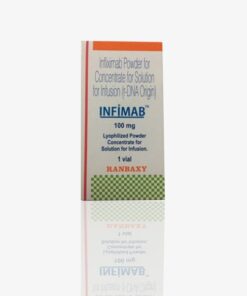
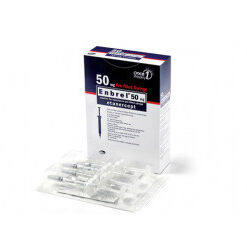
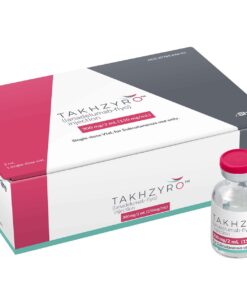
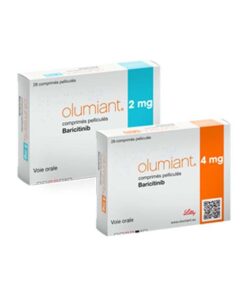
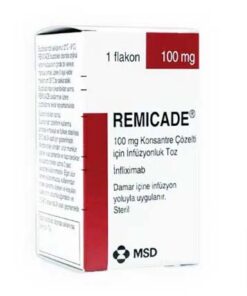
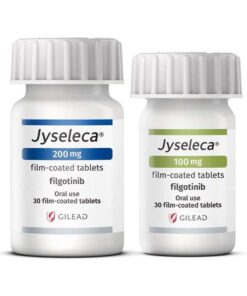
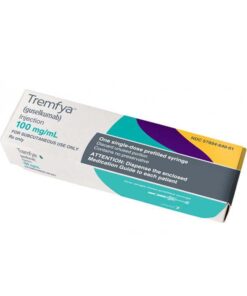
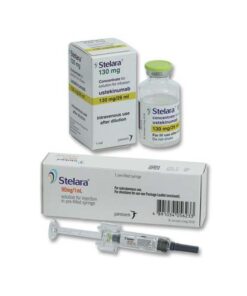
Carla D. –
Before Skyrizi, I couldn’t go more than a few weeks without a major psoriasis outbreak. Now, I feel in control of my body again. The improvement is dramatic—clearer skin, less redness, and no more sleepless nights from itching. It’s truly a life-changing medication.
Thomas E. –
Skyrizi has made managing my psoriasis so much easier. Just a few injections a year and my flare-ups have almost completely disappeared. Compared to the creams and other treatments I tried, this has been the most effective by far. I’m incredibly grateful for how much it’s improved my quality of life.
Melissa R. –
After battling moderate to severe plaque psoriasis for over a decade, Skyrizi gave me results I didn’t think were possible. Within a few months, my skin was 95% clear, and the itching and flaking are gone. The injections are spaced out enough to be convenient, and I haven’t noticed any side effects. I finally feel confident wearing short sleeves again!